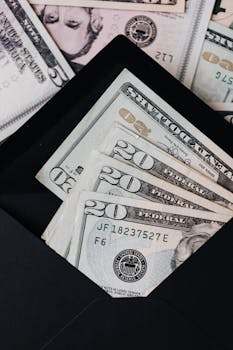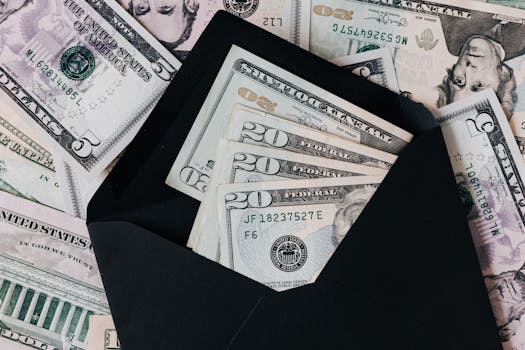
It’s no secret that making impulse purchases can be detrimental to your finances. Whether you find yourself buying things you don’t need or overspending on items you do, it’s easy to fall into the trap of impulse buying. However, with some self-discipline and a little planning, you can avoid these purchases and start saving money. Here are six ways to save money by avoiding impulse purchases.1. Make a list of what you need before shopping.One of the best ways to avoid impulse purchases is to make a list of what you need before you go shopping. This list will help you stay focused on what you actually need, rather than getting distracted by other items that catch your eye. Stick to your list and avoid wandering aimlessly through the store aisles.2. Wait before making a purchase.

If you find something you really want while shopping, give yourself some time to think about it before purchasing it. This waiting period will help you determine if the item is truly necessary or if it’s just an impulse buy. You might even find that you can live without it.3. Shop with cash.Another way to avoid impulse purchasing is to shop with cash instead of credit cards or other forms of payment. With cash, you’ll feel more of the financial impact of each purchase, making you more mindful of what you’re buying. Plus, it’s harder to overspend when you have a set amount of cash in your wallet.4. Set a budget.Before heading to the store, set a budget for what you plan to buy. This budget will help you prioritize your spending and avoid unnecessary purchases. Stick to your budget and be sure to leave room for unexpected expenses.

5. Don’t shop when you’re hungry, tired, or stressed.Shopping when you’re hungry, tired, or stressed can increase your chances of making impulse purchases. You’ll be more likely to grab quick, easy items without thinking them through. Make sure to eat a meal, rest, and relieve stress before heading to the store.6. Identify your triggers.Finally, take some time to identify what triggers your impulse purchases. Do you tend to shop out of boredom? Or maybe you make purchases to reward yourself for completing a task at work. Once you identify your triggers, you can work to avoid them or find alternative ways to cope with them.In conclusion, avoiding impulse purchases takes discipline and planning. By making a list, waiting to purchase, shopping with cash, setting a budget, avoiding trigger situations, and prioritizing needs over wants, you can save money and avoid falling into the trap of overspending.
 see all posts!
see all posts!







